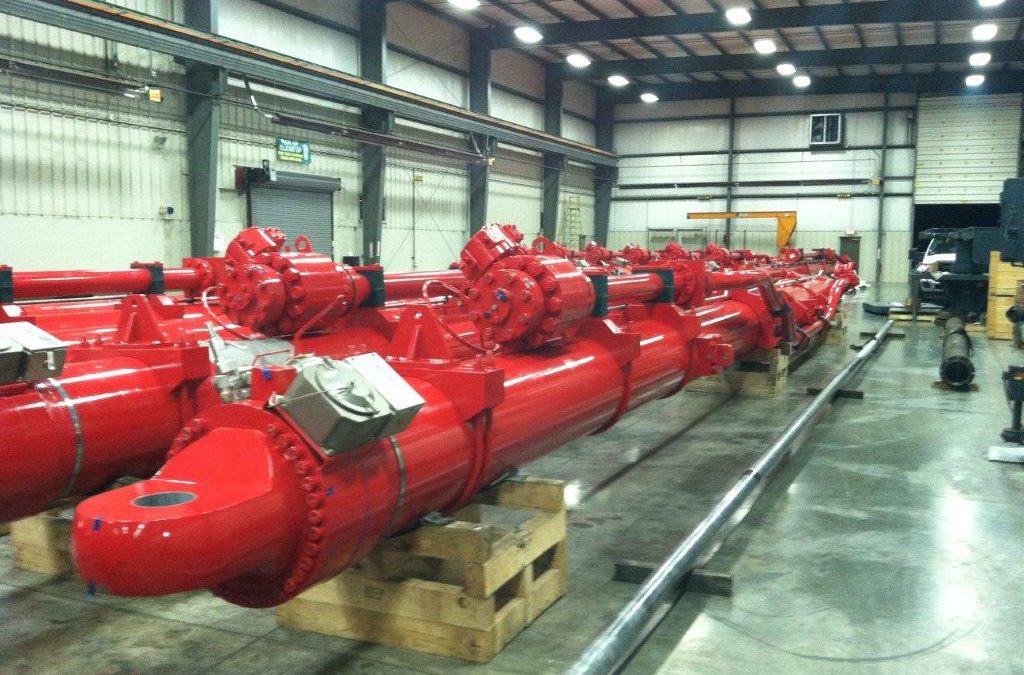When it comes to transporting high and heavy cargo from point A to point B, there are a lot of details that need to be addressed to ensure that transportation is on-time and without unnecessary costs. Often this type of transportation is known as “project cargo,” which is defined as the national or international transportation of large, heavy, high value, or complex pieces of equipment. Depending on the overall size and scope of the cargo, transportation can be accomplished in a single or in multiple shipments as needed.
Project cargo is designed for large scale shipping, as a result, the oil and gas, wind power, mining, engineering, and construction industries utilize this level of transportation the most. When transporting single or multiple pieces of equipment to various locations across the globe, the equipment can be moved by land, sea, or air.
The key to a successful project cargo shipment is acute attention to detail and planning. When efficiency is maintained throughout complex cargo operations, risks can be eliminated and costs reduced.
Growth of the Industry
Over the last decade, there has been a substantial amount of growth on almost every continent, increasing the demand for logistics and project cargo shipments. With this growth, there has been a visible boom in large, global infrastructure projects and building sites.
Preplanning and Execution of Project Cargo Shipments
Due to the complexity of shipping international project cargo shipments, smart planning will begin in the preliminary stages. Planning and preparing as early as possible can help to avoid extra costs of transportation, duties, and taxes. Different countries have different regulations for high and heavy cargo shipments that require customers to be in compliance at customs. This includes documentation, taxation, duties, exemptions, licenses, and other considerations.
It is imperative that in the early stages you entrust your project to a provider with a proven track record coordinating project cargo shipments. An expert in project cargo shipping can help navigate all the regulative and budgeting aspects involved with shipping.
It is essential to address every detail, beginning in the preliminary stages of planning. This includes transit time, delivery obligations, and any other requirements that are associated with the shipment. When working closely with a project cargo transportation provider, these details can help them execute the pre-planned move, maintain accountability, communicate proactively, and remain transparent throughout.
Preparing for Project Cargo Transportation
Along with providing crucial details during the preliminary planning phase, you’ll want to work out contingency plans. These will prove to be useful when unexpected events prevent the initial transportation plan from being carried out as planned. With an alternative plan prepared, issues that arise can be minimized and resolved quickly.
Even though you think you might have everything planned out, there is always going to be room for improvement. Tracking the results of the past project cargo move can help to determine potential improvement areas and ensure that future shipments produce better outcomes.
A successful project cargo move requires extensive, resourceful thinking, experience, and a proven track record. At RTM Lines, we know what it takes to plan a successful project cargo shipment. No matter how complex your shipping needs are, we have the experience and the know-how to ensure that your shipment is done right with great attention given to even the smallest details. For more information about how RTM Lines can help with your project cargo shipment, please visit: https://rtmlines.com/solutions/project-cargo/#projectcargo

